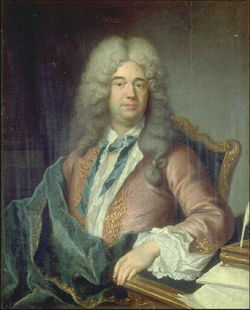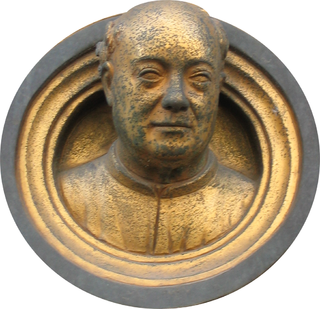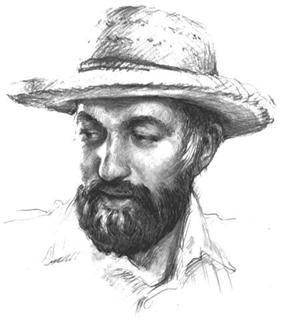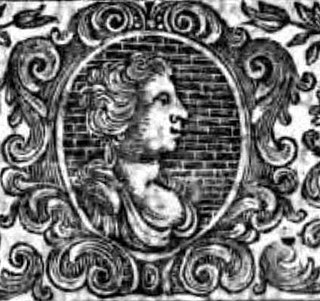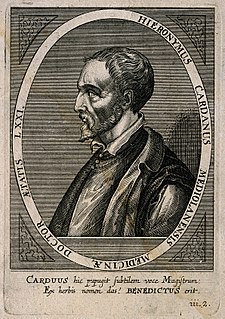A Quote by Jean-Baptiste Rousseau
Astronomy was born of superstition; eloquence of ambition, hatred, falsehood, and flattery; geometry of avarice; physics of an idle curiosity; and even moral philosophy of human pride. Thus the arts and sciences owe their birth to our vices.
Related Quotes
I would say to anybody who thinks that all the problems in philosophy can be translated into empirically verifiable answers - whether it be a Lawrence Krauss thinking that physics is rendering philosophy obsolete or a Sam Harris thinking that neuroscience is rendering moral philosophy obsolete - that it takes an awful lot of philosophy - philosophy of science in the first case, moral philosophy in the second - even to demonstrate the relevance of these empirical sciences.
We are now returning to the 18th century empirical approach with the new interest in the evolutionary basis of ethics, with 'experimental' moral philosophy and moral psychology. As a result, we understand better why moral formulas are experienced as ineluctable commands, even if there is no commander and even if the notion of an inescapable obligation is just superstition. So moral philosophy has made huge progress.
It is visible then that it was not any Heathen Religion or other Idolatrous Superstition, that first put Man upon crossing his Appetites and subduing his dearest Inclinations, but the skilful Management of wary Politicians; and the nearer we search into human Nature, the more we shall be convinced, that the Moral Virtues are the Political Offspring which Flattery begot upon Pride.
The exact sciences, which would be considered a priori as little adapted to women, for example mathematics, astronomy and physics, are exactly those in which thus far they have most distinguished themselves. This contains a warning against too precipitate conclusions about the intellectual life of woman.
The most perfect philosophy of the natural kind only staves off our ignorance a little longer: as perhaps the most perfect philosophy of the moral or metaphysical kind serves only to discover larger portions of it. Thus the observation of human blindness and weakness is the result of all philosophy, and meets us at every turn, in spite of our endeavours to elude or avoid it.
We have no government armed with power capable of contending with human passions unbridled by morality and religion. Avarice, ambition, revenge or gallantry would break the strongest cords of our Constitution as a whale goes through a net. Our Constitution is designed only for a moral and religious people. It is wholly inadequate for any other.
It is unnatural that a pure stream should flow from a foul fountain its vices are but a continuation of the vices of its origin. A man of moral honor and good political principles, cannot submit to the mean drudgery and disgraceful arts, by which such elections are carried. To be a successful candidate, he must be destitute of the qualities that constitute a just legislator: and being thus disciplined to corruption it is not to be expected that the representative should be better than the man.
Astronomy concerns itself with the whole of the visible universe, of which our earth forms but a relatively insignificant part; while Geology deals with that earth regarded as an individual. Astronomy is the oldest of the sciences, while Geology is one of the newest. But the two sciences have this in common, that to both are granted a magnificence of outlook, and an immensity of grasp denied to all the rest.
... geometry became a symbol for human relations, except that it was better, because in geometry things never go bad. If certain things occur, if certain lines meet, an angle is born. You cannot fail. It's not going to fail; it is eternal. I found in rules of mathematics a peace and a trust that I could not place in human beings. This sublimation was total and remained total. Thus, I'm able to avoid or manipulate or process pain.
I have long been settled in my own opinion that neither Philosophy, nor Religion, nor Morality, nor Wisdom, nor Interest, will ever govern nations or Parties, against their vanity, their Pride, their Resentment, or Revenge, or their Avarice, or Ambition. Nothing but Force and Power and Strength can restrain them.
